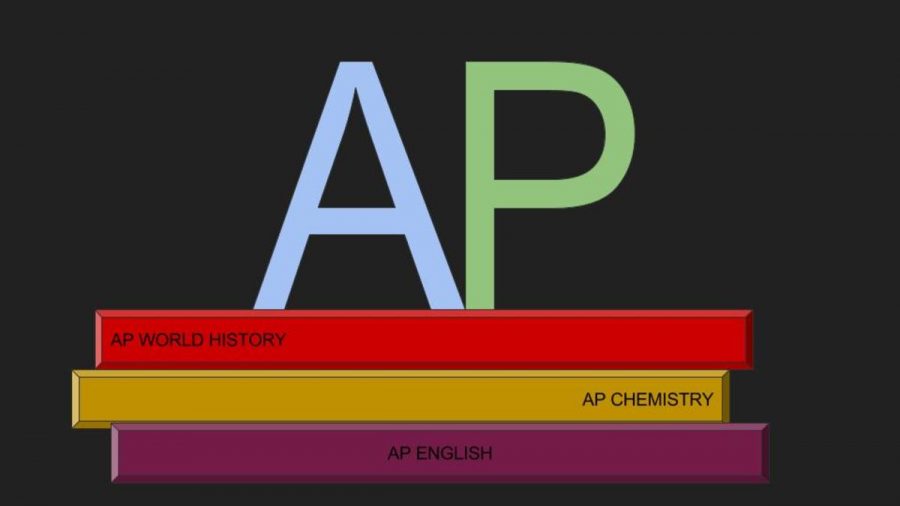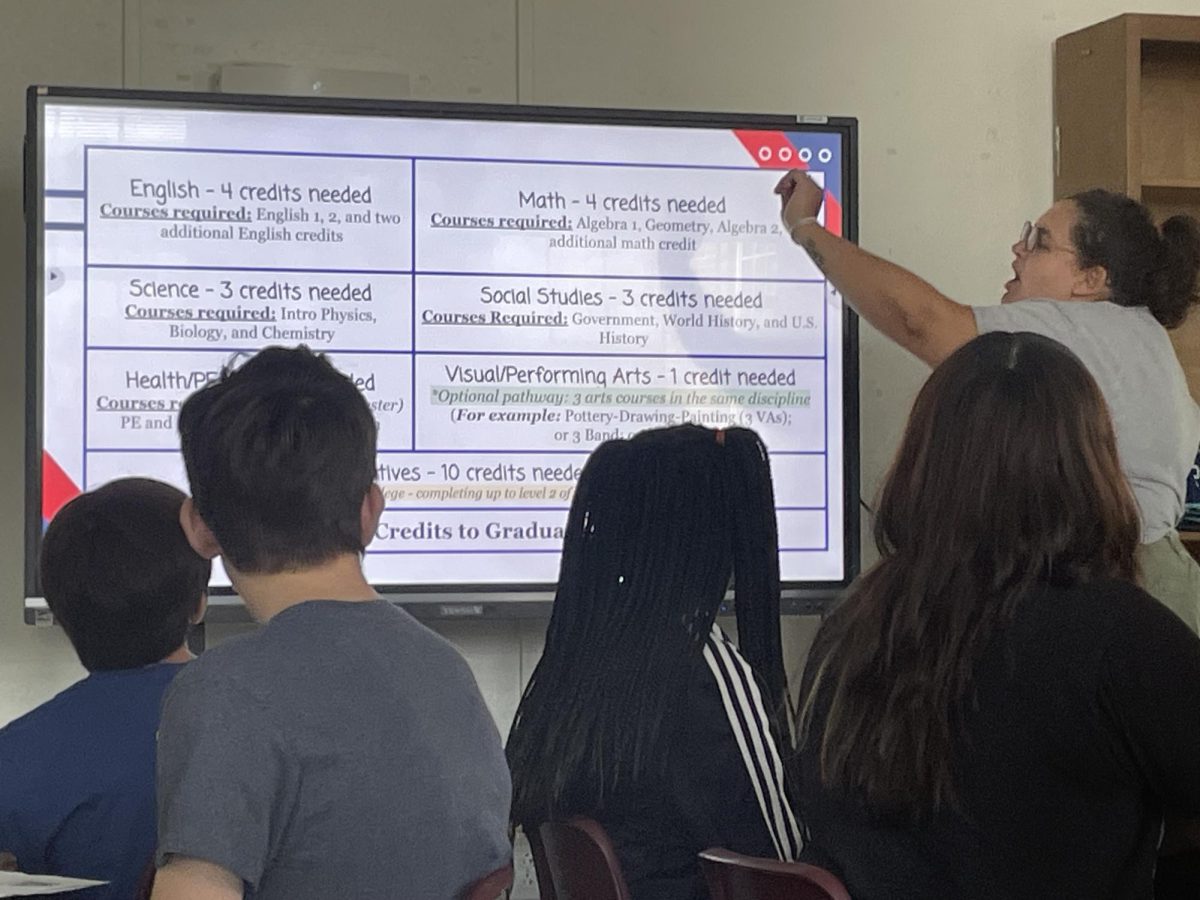AP: Yea or Nay?
November 10, 2017
Deciding whether or not to take Advanced Placement (AP) courses can be one of a student’s biggest dilemmas. AP classes are college level courses that are available to high school students. At Lafayette High School, there are a myriad of AP courses available in subjects including art, science, math, English, social studies, and language. These classes are rigorous and advanced, and end with an AP test administered by the College Board.
The AP test is scored on a scale of 1-5 (1 being the lowest score and 5 being the highest) and a student’s score determines if they get college credit for taking the class (typically, a score of 3 earns the student credit). It is a big decision to take an AP course because the course’s many benefits come with many drawbacks.
NAY:
AP classes are considered to be the hardest classes you can take in high school. These classes usually consist of an a lot of homework and studying, significantly more work than other classes. Tests are given almost every week. Taking only one AP class can overload and stress a student. This heavy amount of stress can be unhealthy, especially since the heavy workload can result in sleep deprivation. For example, a student with AP classes may get six hours of sleep a night, when with only regular classes they could get nine hours of sleep.
AP classes are extremely time consuming. This time requirement makes things for students exceedingly more difficult. It would be harder to do homework for regular classes, in addition to AP homework, to find time to participate in clubs, and to have ‘the high school experience’ (going to school dances, socializing with friends and family, going to sports games, etc.).
The pressure on students to take more AP classes is growing. This proves to be problematic because many youths are not ready for this kind of rigorous course. AP requires not only a level of intelligence, but maturity, responsibility, and dedication. Even if a student is smart, they won’t be able to succeed if they do not work hard. Due to this, students are taking a risk when they take AP because they could get a lower grade in it, impacting their GPA.
Many students do not plan to go to college. A student may take an AP class, pass the test, and obtain college credit, but they may want to go directly into the workforce or not be able to afford college, and thus, are left with practically ‘worthless’ college credit.
The AP exam determines if it was ‘worth it’ for the student to take the class. The score they get is the payoff for all of the tribulation in the school year. If a student fails the test, not only does their year of hard work (for some of the students) mean nothing in terms of credit, they are out a sizable amount of money. To take the exam, students must pay a fee of about $94, more expensive than the ACT or SAT.
YEA:
Despite the many risks attributed to AP courses, there are also a myriad of benefits. The primary reason students decide to take AP is for the college credit. If a student passes the AP exam, they will not have to take that class when they go to college. This will save them time in the future, which is very valuable for a college student. They can use this time for a job (which is important for experience and earning money), leisure, family, or studying for other college classes. Students can even experiment with extra college classes outside of the standard spectrum.
More time will also give students a potentially less stressful college experience. With college credit, students will be able to graduate early, allowing them to get a head start on life.
Taking AP in high school to get college credit will also save students money. Other than the AP exam, public school AP classes are free, as opposed to the wallet draining classes at universities. Spending less money on college classes gives students more freedom to invest in other life building things (such as a car, stocks, savings, etc.) and relieves parents from paying heavy college fees for their children. Paying less for college classes may also provide students relief from the constraints of student loans.
Passing AP classes boosts students’ resumes and makes them better candidates for many colleges. In fact, many universities are expecting to see AP on students’ applications. When admissions officers see that a student has challenged himself/herself with AP, it could give them an advantage over students who have taken regular classes. AP students’ resumes will pop out and increase a student’s chances of getting scholarships and financial aid.
There are even advantages that are unrelated to college. Due to the difficulty of AP classes, students who take them acquire an abundance of skills. Students gain a sense of responsibility, time management, self awareness, self esteem, critical thinking skills, etc. In addition to the content learned in the class, these skills are very flexible and can be used in careers, college, and life in general.
AP classes are difficult and stressful (some may say gut-wrenching), but they are also extremely beneficial in the long run. It’s up to you to decide if the benefits outweigh the risks or vice versa. Will you be adding an AP class to your schedule?
For more information about Lafayette’s AP courses, click here.





